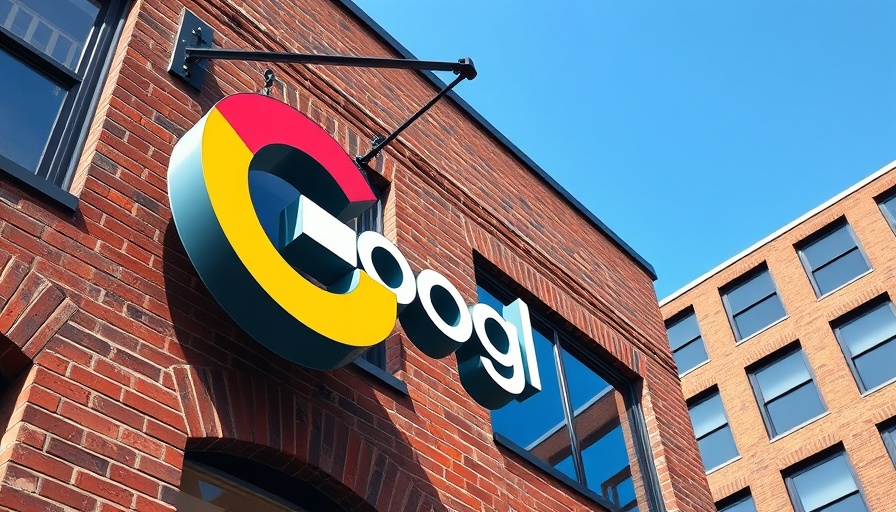
The DOJ’s Demands: What Does Divesting Chrome Mean for Google?
The US Department of Justice (DOJ) has once again placed Google in its crosshairs, insisting that the tech behemoth divest its widely used browser, Chrome. This demand is rooted in a broader antitrust initiative aimed at curbing Google's monopolistic practices across various sectors. The DOJ's insistence on divestiture springs from concerns that Google's dominance has stifled competition, leaving consumers with fewer choices and ultimately higher costs.
A Shift in Strategy: The AI Investment Allowance
Interestingly, while the DOJ continues to press for the sale of Chrome, it has taken a softer stance on Google's artificial intelligence (AI) investments. Previously, the DOJ had suggested that Google divest from all AI projects, including its substantial funding in Anthropic. Now, they are allowing Google to retain these assets, demanding only that the company notify authorities about future AI partnerships. This change marks a strategic pivot, recognizing the rapid advancements in AI as a key area for innovation and investment.
The Reason Behind These Actions: Monopoly Concerns
According to current Acting Attorney General for Antitrust, Omeed Assefi, Google’s illegal activities have raised serious concerns about their unchecked power in the market. He argues that Google’s consolidation of services creates an insurmountable advantage over competitors, making it difficult for smaller companies and new entrants to thrive. The DOJ's ongoing legal actions, which began in earnest in 2020, aim to dismantle this perceived imbalance. Judge Amit Mehta's previous ruling confirmed that Google has violated antitrust laws by maintaining its monopoly through predatory practices.
Wider Implications for the Tech Landscape
This DOJ proposal not only impacts Google but also sets the stage for significant changes throughout the tech ecosystem. If Google is forced to divest Chrome and make significant adjustments elsewhere, it could pave the way for other companies to emerge as viable competitors. Furthermore, the evolving landscape of AI technologies means that more transparency and regulation around these investments could foster innovation without monopolistic domination.
Counterarguments: Google’s Defense
In response to the DOJ's aggressive proposals, Google has issued a robust defense, asserting that such measures are excessive and will negatively affect American consumers, the economy, and national security. They argue that their leading position in search results is due to superior technology, and they claim that users still have the freedom to switch their default browsers and search engines.
The Path Forward: Court Proceedings and What’s Next
As the case proceeds to court in April, both the DOJ and Google's legal teams are preparing for a battle that will not only shape how the competition functions in the tech space but will potentially influence how regulatory bodies interact with technology companies moving forward. Google has already indicated its intention to appeal any decisions against it, which could prolong the resolution of these antitrust issues significantly.
Why This Matters for AI Enthusiasts
The outcome of this case carries important ramifications for anyone invested in AI and technology. As the regulatory framework surrounding AI evolves, it becomes increasingly important to consider how business decisions are influenced by legislation. Keeping an eye on these developments can help tech enthusiasts understand future trends in innovation and competition.
Conclusion: The Call for Vigilance and Participation
As the DOJ's proposals take shape, it’s up to the public, stakeholders, and policymakers to engage with these topics actively. Understanding the implications of regulation on technological innovation will be crucial in fostering a competitive and thriving tech landscape where all companies can succeed.
 Add Row
Add Row  Add
Add 




 Add Row
Add Row  Add
Add 

Write A Comment